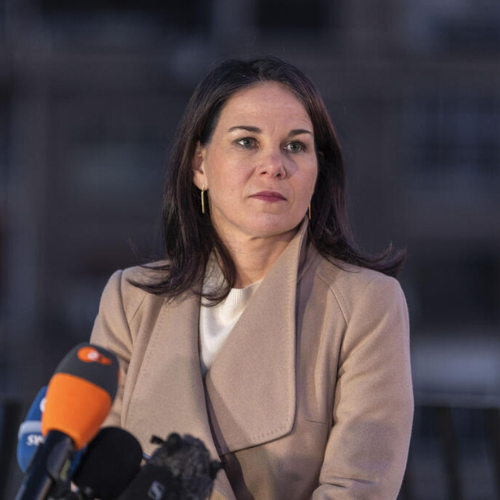For over a decade, Syria has endured a devastating civil war that claimed the lives of an estimated 500,000 people and displaced over half of its 23 million citizens. During this time, many Syrian officials were accused of war crimes, such as violent crackdowns on peaceful protesters and attacks on civilians. These actions led to international outrage, and countries like the United States and those in Europe imposed harsh sanctions against the Syrian government.
These sanctions were meant to punish individuals and groups responsible for atrocities. They targeted senior officials, companies, and organizations linked to the former Syrian leadership. They also restricted access to international banking, oil sales, and economic activities that could fund more harm.
Even though these sanctions aimed to stop wrongdoing, they also caused broader economic problems for Syria. The country’s infrastructure, businesses, and basic services have been severely affected, making life difficult for ordinary Syrians. While there are exemptions for humanitarian aid, relief organizations have reported challenges due to financial institutions being overly cautious, fearing they might unintentionally violate the rules.
The Call for Smarter Sanctions
Recent changes in Syria’s leadership have brought fresh discussions about whether to adjust the sanctions. Last month, the Syrian president was overthrown after decades of rule. The new authorities are now trying to rebuild the country and gain international support.
Germany’s foreign minister, speaking at a major conference about Syria’s future, emphasized the need to keep sanctions on individuals responsible for war crimes. She said that those who committed crimes during the war must face justice. However, she also proposed a “smart approach” to sanctions. This means finding ways to help ordinary Syrians without removing the penalties against war criminals.
To support this idea, Germany announced an additional €50 million (around $51.2 million) in aid to help Syrians with food, medical care, and emergency shelter. This shows that while sanctions remain, some countries are willing to step in to help those in need.
Challenges to Recovery
Syria’s new government now faces immense challenges. Decades of war have left the economy shattered, with homes, schools, and hospitals destroyed. Many Syrian families have lost everything. With international sanctions still in place, rebuilding the country is an uphill battle.
Some countries, like the United States, have started easing restrictions in specific areas. For example, the U.S. recently allowed certain transactions with the Syrian government, such as energy sales, for a six-month period. This is a small step to support the recovery process while keeping other penalties intact.
Turkey, a neighboring country, also promised to help Syria reconnect with the international community. It stressed the importance of balancing global expectations, such as justice and inclusion, with the reality of Syria’s difficult situation.
Meanwhile, European officials highlighted the need for Syria’s new government to be inclusive. They want to ensure all religious and ethnic groups, as well as women, have a voice in shaping the country’s future.
Despite these efforts, serious obstacles remain. Financial systems around the world are cautious about working with Syria because of the long history of sanctions. Even relief organizations have reported difficulties in sending money or aid to the country because banks fear unintentionally breaking the rules.
Sanctions against Syrian officials accused of war crimes are seen as an essential tool for justice. These penalties ensure that those responsible for suffering and destruction during the war do not escape accountability. At the same time, the international community is exploring ways to support the millions of Syrians still struggling with the aftermath of the conflict.
While countries like Germany and the United States are stepping up with humanitarian aid, the road to recovery for Syria remains full of challenges. With a new leadership in place, many hope for a future where ordinary Syrians can rebuild their lives while ensuring justice for past crimes remains a priority.

